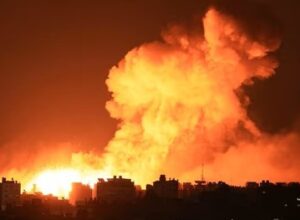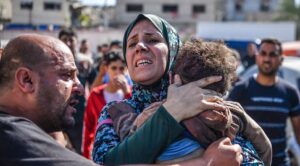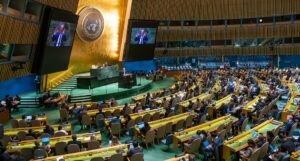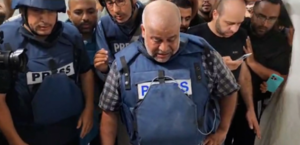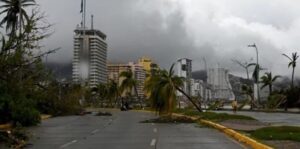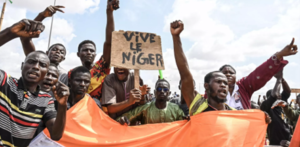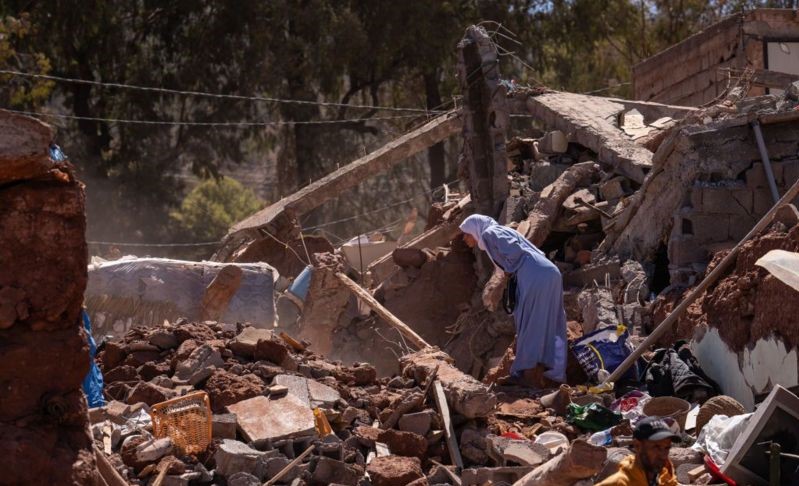
Deadly impact of the earthquake
The recent earthquake that shook the picturesque city of Marrakech, Morocco, not only left a trail of destruction in terms of infrastructure and roads, but also wreaked havoc on the lives of numerous people left behind, facing the devastation of having lost loved ones.
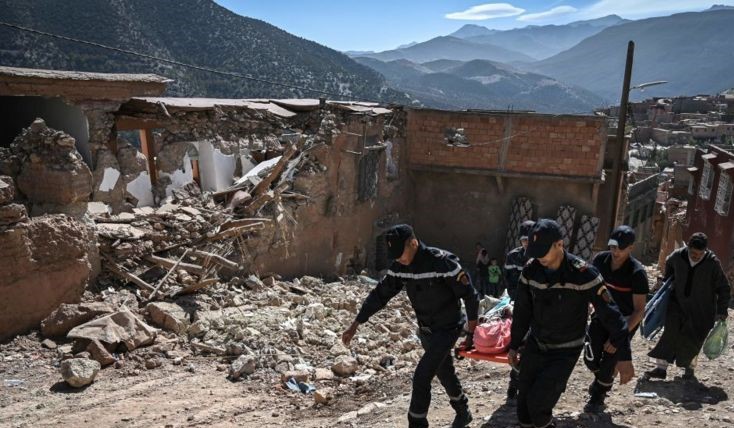
Heartbreaking testimonials
Omar Benhanna, 72, shared his desolation, saying, “Three of my grandchildren, ages 12, 8 and 4, and their mother died. They are all under the ruins.” On Saturday, the community gathered at the cemetery to bid farewell to about 70 people, in ceremonies marked by heartbreaking screams and tears.
“Lohcen,” a man who lost his wife and four children in the rural High Atlas mountain town of Moulay Brahim, expressed his loss in these words: “I lost everything. All I want is to get away from the world and grieve.”
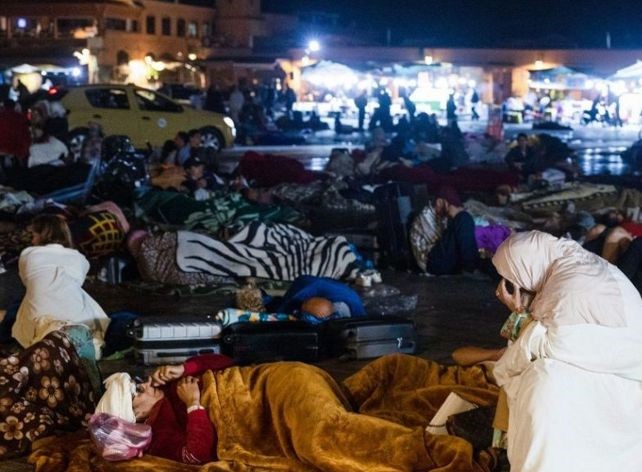
The difficult search for survivors
Victims of Morocco’s deadliest earthquake in more than six decades struggle to find food and water, as the harrowing search for missing people in hard-to-reach villages continues. The death toll rises to 2,122 and the number of injured to 2,421. Many people are preparing to face a third night outdoors after the magnitude 6.8 earthquake that struck the country.
Desperation in affected communities
In Moulay Brahim, a village about 40 kilometers south of Marrakech, residents describe how, with their bare hands, they pulled the dead from the rubble. “We lost our homes and we also lost people. We have been sleeping in the open for two days,” said Yassin Noumghar, 36, another resident of Moulay Brahim. The lack of basic resources, such as food, water and electricity, has become a harrowing reality, with scant government help.
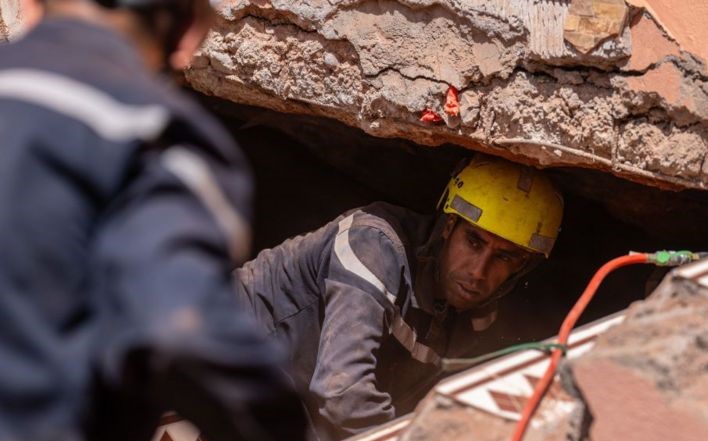
Scale of the disaster
More than 300,000 people have been affected by this disaster, according to the World Health Organization.
National mourning
Morocco has declared three days of mourning in honor of the victims, and King Mohammed VI has called for prayers at mosques across the country in memory of those killed.
Challenges in humanitarian aid
Aid teams face the challenge of reaching the worst-affected villages in the High Atlas, where settlements are often remote and many houses have collapsed. In addition, considerable damage to Moroccan cultural heritage has been evidenced, including parts of Marrakech’s Old Town, designated as a UNESCO World Heritage Site, and a twelfth-century mosque of great historical importance.
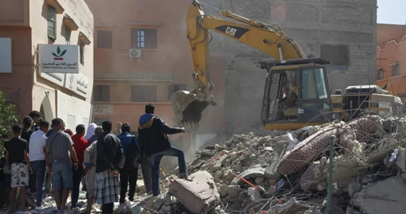
International response
The Moroccan Interior Ministry has issued a statement explaining that it has only accepted the aid offered by four countries in response to the earthquake in Marrakech. This decision is based on an “accurate assessment” of needs and concern that a lack of coordination in such situations may backfire. The United States, France, Turkey and other countries have expressed a willingness to provide support, even Algeria has opened its airspace after two years of closure with its neighbor.
For more articles like this, click here.


